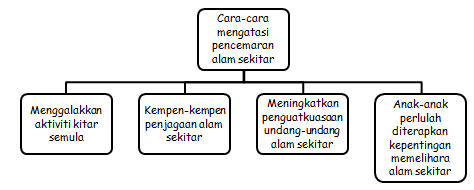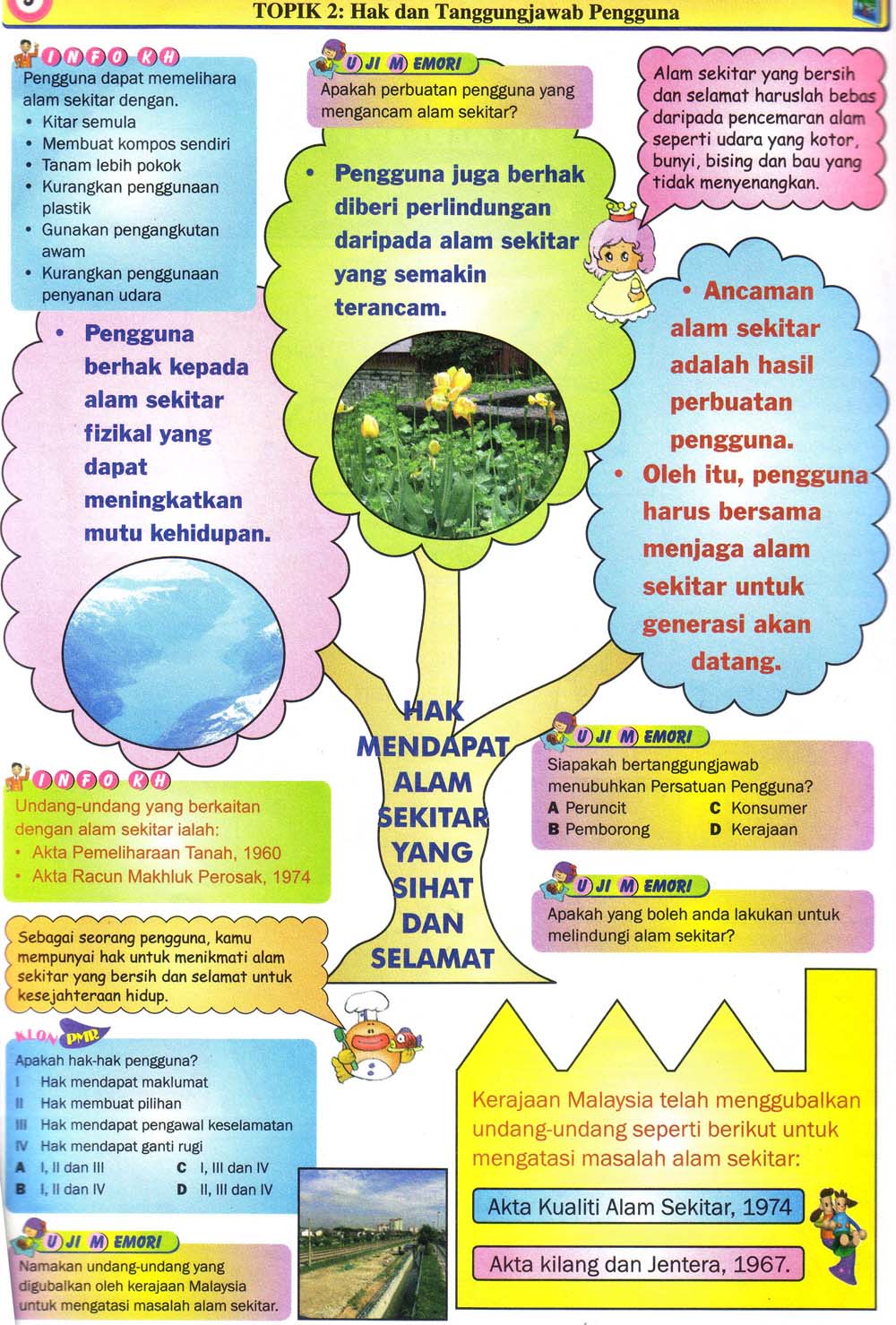Picture this: a shimmering river, sunlight dancing on its surface, its gentle flow a source of life for all creatures, big and small. Now, imagine that same river choked with plastic, its water murky and lifeless. This, unfortunately, is the reality for many rivers around the world, a stark reminder of the devastating impact of pollution.
The health of our rivers is a reflection of our own well-being. Clean rivers provide drinking water, irrigate our crops, and sustain a wealth of biodiversity. They offer spaces for recreation and reflection, connecting us to the natural world. When we pollute these vital lifelines, we harm not just the environment, but ourselves.
So, how did we get here? Rapid industrialization, unchecked urbanization, and unsustainable agricultural practices are major culprits. Factories discharge untreated wastewater into rivers, while cities contribute sewage and runoff laden with chemicals. In agricultural areas, fertilizers and pesticides leach into the water, creating a toxic cocktail that threatens all forms of life.
The good news is, it's not too late to turn the tide. Just as we've contributed to the problem, we have the power to be part of the solution. Addressing river pollution requires a multi-pronged approach, a collective effort from individuals, communities, and governments.
One of the most impactful steps is transitioning towards sustainable practices. This includes embracing eco-friendly industrial processes that minimize waste and pollution, promoting responsible waste management systems in our cities, and adopting organic farming techniques that minimize chemical runoff.
Advantages and Disadvantages of Addressing River Pollution
| Advantages | Disadvantages |
|---|---|
| Improved Public Health | Requires significant financial investment |
| Protection of Ecosystems and Biodiversity | Can face resistance from industries and individuals resistant to change |
| Enhanced Water Security | Implementation can be complex and time-consuming |
| Economic Benefits through tourism and recreation | Monitoring and enforcement can be challenging |
| Improved Aesthetics and Quality of Life | Requires long-term commitment and collaboration |
Best Practices for Combating River Pollution
1. Strengthening Environmental Regulations and Enforcement: Governments play a crucial role in setting stringent pollution standards for industries and ensuring strict enforcement through regular monitoring and penalties for violations.
2. Investing in Wastewater Treatment Infrastructure: Modernizing and expanding wastewater treatment plants is essential to effectively treat sewage and industrial effluent before it reaches our rivers.
3. Promoting Sustainable Agricultural Practices: Encouraging organic farming, reducing pesticide and fertilizer use, and implementing buffer zones along rivers can significantly reduce agricultural runoff.
4. Raising Public Awareness and Education: Empowering citizens with knowledge about the impacts of pollution and encouraging responsible waste disposal, water conservation, and participation in river cleanups are vital.
5. Supporting Research and Innovation: Investing in research and development of innovative technologies for pollution control, water treatment, and sustainable practices can lead to long-term solutions.
Common Questions and Answers
1. What are the main pollutants affecting our rivers?
The primary culprits include industrial waste, untreated sewage, agricultural runoff (fertilizers and pesticides), plastic waste, and chemicals from urban runoff.
2. How does river pollution affect human health?
Contaminated water can lead to a range of waterborne diseases, especially in communities that rely directly on rivers for drinking and sanitation. It can also impact food security by contaminating crops and fish.
3. What is the role of individuals in combating river pollution?
Every individual can make a difference through simple actions like reducing plastic consumption, disposing of waste responsibly, using eco-friendly cleaning products, and supporting organizations working towards clean water.
4. How can I get involved in local river cleanup efforts?
Many environmental organizations and community groups organize regular river cleanups. You can search online, check local notice boards, or contact your local environmental agency to find opportunities to volunteer.
5. What are the long-term consequences of not addressing river pollution?
If left unaddressed, river pollution will continue to escalate, leading to severe water scarcity, ecosystem collapse, increased health risks, and economic losses.
6. How do governments monitor river water quality?
Environmental agencies typically collect water samples from rivers at regular intervals to analyze for various pollutants and assess water quality against established standards.
7. What are some innovative technologies being used to clean up rivers?
Promising technologies include bioremediation (using microorganisms to break down pollutants), floating treatment wetlands (artificial islands that naturally filter water), and nanotechnology for removing heavy metals and other contaminants.
8. How can I educate others about the importance of river health?
Share information on social media, start conversations with friends and family, participate in awareness campaigns, and advocate for stronger environmental policies.
Tips and Tricks for Protecting Our Rivers
* Choose reusable water bottles and bags over single-use plastics.
* Participate in or organize community cleanups along riverbanks and waterways.
* Support local farmers markets and choose organic produce whenever possible.
* Be mindful of water usage at home: take shorter showers, fix leaks promptly, and water your lawn responsibly.
* Educate yourself about the water sources in your community and support policies that protect them.
The fight for clean rivers is a shared responsibility, a journey we must undertake together if we want to ensure a healthy and sustainable future for generations to come. By embracing sustainable practices, advocating for change, and making conscious choices in our daily lives, we can restore our rivers to their former glory. Let's act now, before it's too late, and leave a legacy of clean water for future generations.
Karangan Pendek Langkah Langkah Mengatasi Pencemaran Sungai Karangan - Trees By Bike
Langkah Langkah Mengatasi Masalah Pencemaran Alam Sekitar - Trees By Bike
LANGKAH UNTUK MENGATASI PENCEMARAN UDARA by Sin Kah Kee on Prezi - Trees By Bike
Langkah Langkah Menjaga Alam Sekitar Nicholas Hem - Trees By Bike
Contoh Karangan Langkah Langkah Mengatasi Pencemaran Alam Sekitar My - Trees By Bike
Langkah Langkah Untuk Mengatasi Pencemaran Sungai - Trees By Bike
langkah langkah mengatasi pencemaran sungai - Trees By Bike
Contoh Karangan Langkah Langkah Mengatasi Pencemaran Alam Sekitar - Trees By Bike
Karangan Punca Dan Langkah Mengatasi Pencemaran Alam Sekitar Mobile - Trees By Bike
Karangan Pendek Langkah Langkah Mengatasi Pencemaran Sungai Karangan - Trees By Bike
Karangan Langkah Mengatasi Pencemaran Sungai - Trees By Bike
Karangan Langkah Mengatasi Pencemaran Sungai Yeerapo - Trees By Bike
langkah langkah mengatasi pencemaran sungai - Trees By Bike
Konsep Pencemaran Alam Sekitar Cara Mengatasi Pencemaran Sungai - Trees By Bike
Langkah Langkah Mengatasi Pencemaran Air Langkah Langkah Mengatasi - Trees By Bike











